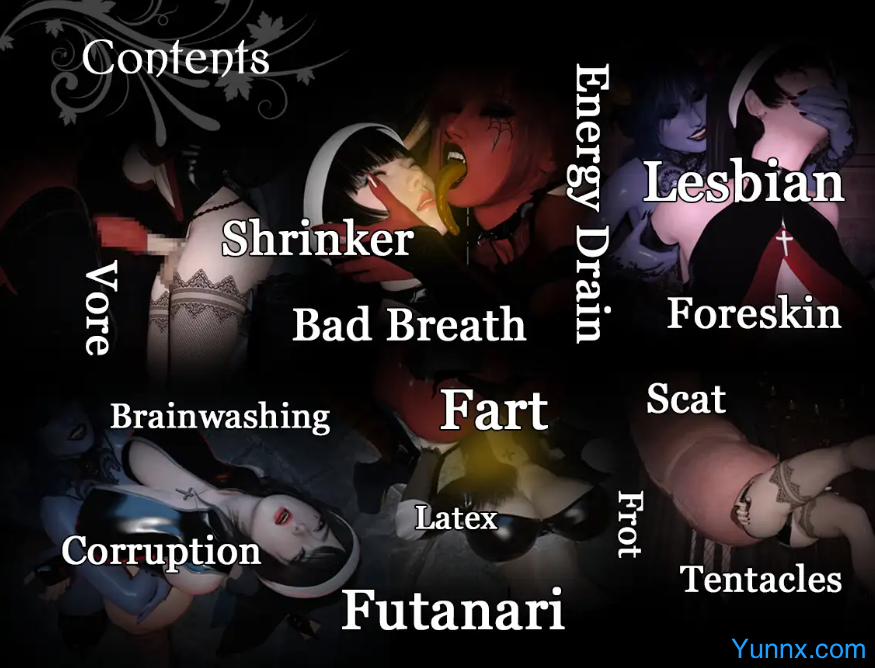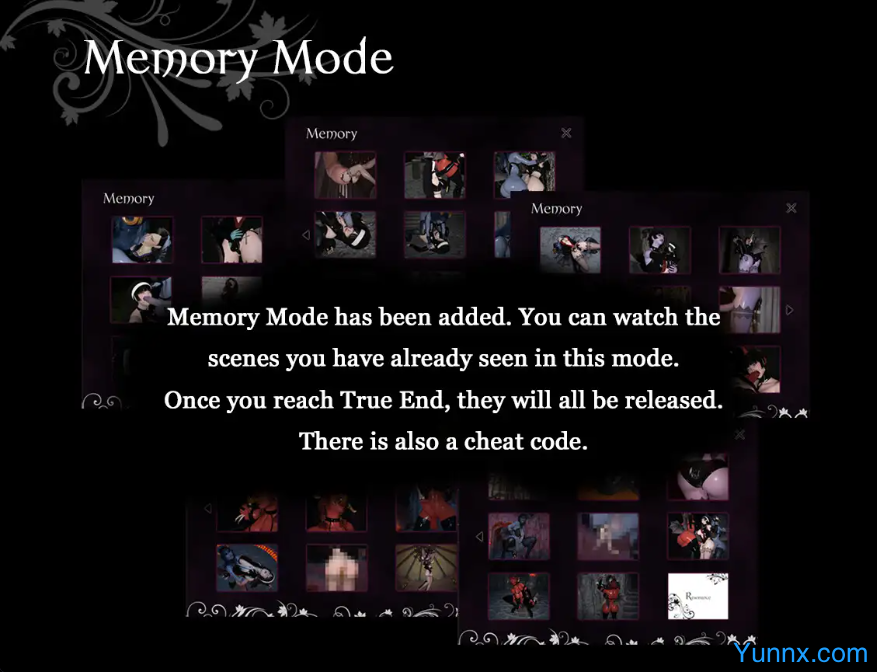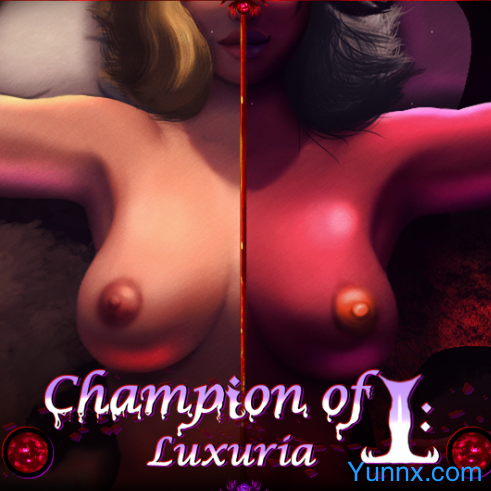Resonance is a dark fantasy RPG set in a medieval world plagued by demons and societal upheaval. Players follow Noelle, a novice nun undergoing trials to become a Preces, as she navigates spiritual duties amid demonic invasions. The arrival of two rogue Metuses – powerful succubi challenging divine authority – plunges the human realm into deeper chaos, forcing players to confront moral dilemmas and forbidden alliances.
A World on the Brink
1. Faith vs. Corruption
• The Tesca Nahal Church acts as the last bastion against demonic corruption while grappling with internal power struggles
• Players witness the fragility of human faith through Noelle’s trials, testing her resolve against supernatural threats
• The narrative explores themes of spiritual awakening amidst existential dread
2. Succubi Subversion
• The rogue Metuses embody both seductive danger and tragic complexity, challenging traditional "good vs. evil" dichotomies
• Their motives blur the line between divine wrath and personal vengeance, adding narrative depth
• Player choices influence whether these beings become adversaries or reluctant allies
3. Demonic Plague Mechanics
• Towns develop randomized corruption events based on player decisions and combat effectiveness
• Curses manifest differently across regions, requiring adaptive problem-solving
• Resource management becomes critical as holy artifacts lose potency in corrupted zones
Multi-Dimensional Gameplay
• Faith as a Combat Resource
• Holy spells deplete Noelle’s spiritual reserves, forcing strategic rest periods in safe zones
• Players gather relics that strengthen both divine and forbidden magic pathways
• Successful exorcisms boost local morale while failures risk mass hysteria
• Dynamic Relationships
• NPC factions react differently to Noelle’s alignment choices (dogmatic vs. compassionate approaches)
• Diplomacy options affect alliances with rival clerical orders and demon-hunting mercenaries
• Conversations with the Metuses include branching dialogue revealing tragic backstories
• Non-linear Progression
• Hidden dungeons contain lore contradicting official Church teachings
• Alternate endings emerge based on balance between exorcisms and succubus redemption arcs
• Optional side quests introduce rival inquisitors with conflicting methodologies
Interactive Storytelling Elements
1. Moral Ambiguity System
• Player actions create subtle moral alignments tracked throughout the narrative
• Key decisions trigger flashbacks revealing characters’ hidden vulnerabilities
• Consequences ripple across multiple regions, creating emergent storylines
2. Atmospheric Environment Design
• Foggy towns with flickering sanctuary lanterns mirror spiritual decay
• Visual corruption effects build tension in demon-infested areas
• Dynamic time-of-day cycles affect NPC schedules and enemy spawn patterns
3. Narrative Payoffs Through Exploration
• Ancient ruins contain forbidden texts challenging established Church doctrine
• Character backstories unlock via collectible relics hidden in dangerous zones
• Overlapping dialogue threads connect seemingly unrelated plot elements


















